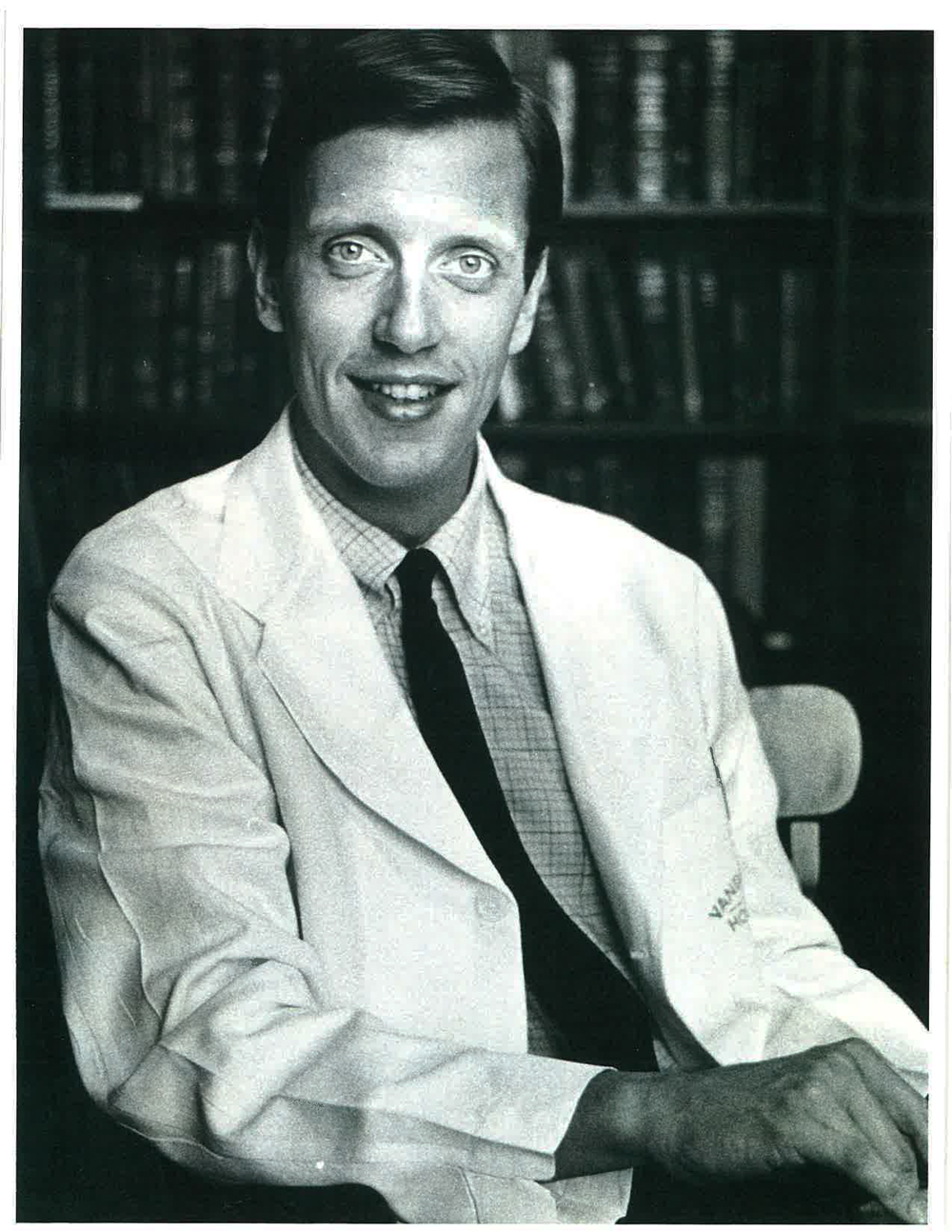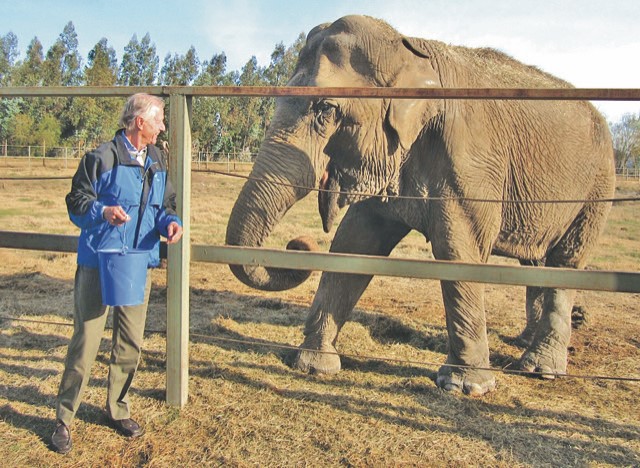Dr. William Schaffner is the Professor of Preventive Medicine and Infectious Diseases at Vanderbilt University School of Medicine. As a spokesperson for the National Foundation for Infectious Diseases, he is an often tapped resource for infectious disease education he is passionate about health, vaccines, and disease prevention. When not teaching or doing clinical trials he volunteers at The Elephant Sanctuary outside of Nashville.
In this Squeeze the Day, we learn about his drive for health, and educating others as well as what he learns from his students and from life.
Q. Tell us a bit about how you started your career as an infectious disease doctor at Vanderbilt.
It started in medical school. Back then we had free summers, and I was looking for something to do medically while I was a student in medical school. I got involved with a professor who was doing a study in Mexico trying to prevent the gastrointestinal illness, tourist diarrhea, that tourists get when they go to Mexico. And I had no idea about research. I had no particular interest in infectious diseases until that started. By the end of that first summer, I was intrigued with developing new information, doing research, and working actually outside the medical center where you could catch some of these infectious diseases. I worked with that mentor throughout the rest of my time in medical school and by the time I got to Vanderbilt as an intern, I was already interested, particularly in infectious diseases.
In our conversation, Dr. Schaffner continues to speak about mentors and being an educator as well as the ripple effect of intergenerational learning. His statement about teaching and staying young is a testament to his longevity and commitment to himself and to leaving a legacy.

Q. Will you talk a little bit about public health initiatives and education related to protecting all of us on a national and global scale? With COVID-19, of course, we’ve all had firsthand experience of the importance of understanding infectious diseases, but also vaccinations.
We’re interested in protecting individuals, diagnosing them, and treating them appropriately. And we’ve made major advances in that regard. But at the same time, the public health community, those investigators have been trying to figure out how COVID spread, because COVID was brand new when it first appeared, and which elements of the population it affected more severely. And then when vaccines became available, to try to implement vaccines in order to prevent as much infection as possible. So, the two are, when it comes to infectious diseases, really interrelated. And being able to communicate clearly to the public so they have an understanding, and you can enhance their trust in the recommendations that are provided. And I would say, looking back on COVID, we still have a substantial amount to learn about doing that even better as we prepare for the next pandemic. And there will be one someday.
In the interview, continues to speak about advocacy, clinical trials, and the importance of vaccines to counter infectious diseases ranging from the recent pandemic, RSV, Shingles, Zika, and HIV to the upcoming influenza (flu) season. In addition, he touches on precision medicine and work by the NIH, CDC as well as the All of Us Research Program and how enrolling in programs such as these can create a brighter tomorrow for future generations.

Q. How do you stay healthy and what advice do you have for others to be mentally and physically sharp?
Be observant of your diet and your weight. And of course, exercise is so very, very important. I’ve never been a highly skilled athlete, so you’ll have to choose what you want to do. But I’ve been a lifetime jogger, not runner. I’m just a jogger. But I have done that. And yes, I’ve managed to get to the gym two or three times a week and move some weight around from point A to point B to just bolster a little bit of strength training also. I think all of those things together have helped, as well as being attentive to at least through most of my
life, getting enough sleep.
His comments regarding fluid intake and work life/balance are thought provoking and good reminders as are his compelling suggestions for engagement — from community engagement and hobbies to exploring nature and expanding your horizons through hobbies and with friends and family.

Q. Do you have any advice that you might’ve received from a parent or an older adult that at the time you thought was just silly, but now that phrase rings true in your everyday life?
Let me give you two. The first came from my mother who was an extraordinary person, and I didn’t think it was silly at the time, but it’s become more profound as I’ve gotten older. She was an unlettered person, a very simple person, an immigrant to this country from Germany. And she told me that the paramount characteristic of a civilized person was kindness. Well, it’s another way of expressing the golden rule, isn’t it? Do unto others as you would have them do unto you. And the older I’ve become, the more wise her teachings have been to me. And I think if we were kinder to each other, there would be less tension, there would be less divisiveness, there would be less violence, there would be fewer wars. So I’ve quite become convinced that my mom was correct about that. The other thing comes from a colleague, who when presented with opportunities to do something, he would always advise his colleagues, “Go for it, do it. Just don’t worry about all the barriers or the considerations, just jump into it.” And I’ve always been a little more conservative about that, but as I look back on my life, I think my friend was right. Just do it. Go for it.
Join us for this podcast to learn how this dedicated medical professional has spent his lifetime fighting infectious diseases. His knowledge and passion for health and well-being are contagious. As a mentor and as an advocate, this interview offers free medical advice that could reward all of us for a lifetime.

This Squeeze the Day is brought to you by the All of Us Research Program from the National Institutes of Health. Learn how you can help change the future of health by participating in the program.
Visit joinallofus.org to learn more.

